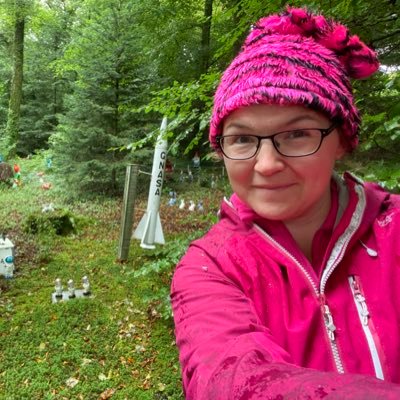Come along to ASE's Friday Curry and quiz night Social from 19:00
(ticket entry only on Eventbrite) for a great evening of fun with good food and company. There will be a pay as you go bar too, with a lovely relaxed atmosphere for everyone to meet up with colleagues, talk about the day and plan for Saturday at Annual Conference 2025. Book early as numbers -are limited. The ASE Quizmasters, Chair of the ASE Jane Oldham RSciTech and outgoing Co-Chair Alex Sinclair, are sure to provide great entertainment for the evening!
If you are coming to the conference on your own, don't be put off! We have a friendly community ready to welcome you to the evening and ensure you're in great company. You'll be greeted at the door by one of our hosts, and if you're flying solo, we can introduce you to others and help you join a quiz team, so you can connect and enjoy the event together.

